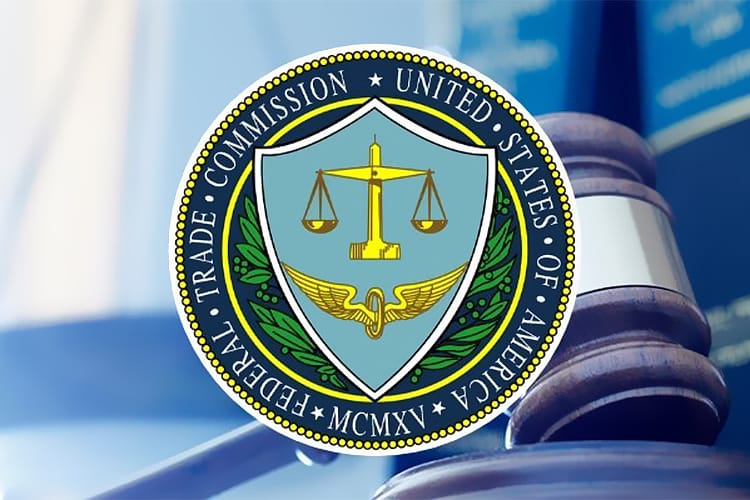The FTC’s Made in America Rule

The Federal Trade Commission’s (FTC) Made in USA Labeling Rule became effective on August 13, 2021.
The rule, which tracks the FTC’s longstanding Made in USA standard, provides marketers with guidance on Made in USA claims. Also, it now establishes the FTC’s ability to pursue punishments if you violate said rule.
Labeling products can be physical, such as product tags, claims on product packaging, mail-order catalogs, etc. Some examples of digital and electronic labeling are website advertisements or email advertisements.
Made in USA claims can be actual or implied and include:
- The actual “Made in USA” phrase
- Any similar phrases, such as:
- “Made in America”
- “American-made”
- “USA”
- “Produced in the USA”
- “Manufactured in the USA”
- “Made in [State]”
- “Assembled in USA”
- Symbols, images, or geographic references that imply a product is Made in the USA, such as an American flag, photos of a state or U.S. map, or any references to U.S. locations of headquarters or factories
To label a product “Made in USA” without qualification, your product must meet the following three requirements:
- The final assembly or processing of the product must occur in the United States;
- All significant processing that goes into the product must occur in the United States, and
- All or virtually all ingredients or components of the product must be sourced in the United States.
- To determine what constitutes “all or virtually all,” the FTC also looks to a number of factors, including:
- the portion of the product’s total manufacturing costs that are attributable to US parts and
- processing how far any foreign content is removed from the finished product
The FTC considers broad, unqualified “Made in the USA” to be deceptive generally for jewelry companies because most precious metals and stones originate outside of the US. However, you may be able to make qualified (more limited) claims, such as:
- Made in the USA, using the world’s finest materials
- Made in USA with foreign materials
- Designed in [state or city]
- Made in [state] using Ethiopian opals and Indian gold
- Assembled in USA with hand-selected African gemstones
In the above examples, consumers know the products are sourced abroad
If you violate the FTC’s Made in USA Rule, you may face:
- a monetary penalty now up to $43,280per violation
- damages
- other penalties, including public censure
Source: JVC, www.jvclegal.com